Every year thousands of unaccompanied minors from Afghanistan, Syria and other countries enter Greece by sea or overland. It has been estimated that there were 4898 unaccompanied minors living in Greece at the beginning of this summer, according to data collected by the National Center for Social Solidarity. More than 1300 of them live in the shelters, about 300 in hotels and about 300 in the Safe Zones of refugee camps. Additionally, more than 950 unaccompanied minors have been reported as living in unsafe housing conditions.
From watching the news all the time, to scrolling on social media a little too much, it’s easy to get lost in the noise of what’s going on around us. During lockdown many people had not realised that we had to stay in quarantine and keep social distancing, whether we were affected by coronavirus or not. Most people living in Greece where directed to #StayHome. But what about those who didn’t have one – such as unaccompanied minors living in shelters or camps?
I wondered what was going on in refugee camps, shelters and especially Safe Zones, so I decided to see for myself, by visiting the Safe Zone of Schisto Refugee Camp and talking to Nikos Stergiou, the coordinator of the organisation ARSIS.
What measures did your organisation take in the Safe Zone during quarantine?
Our first step was to ensure that we gave everyone the right information about the pandemic, especially the unaccompanied minors that live here. Following official guidelines, we tried to establish good collaboration between staff and minors and of course, we tried to be well prepared, in order to protect them both. We provided them with gloves, antiseptic soaps and sprays to clean all surfaces in the facilities.
Our most difficult task was trying to explain the situation to the minors. The lockdown meant that everything they used to do outside or inside the camp, as well as in the Safe Zone, wasn’t allowed anymore. It was difficult for everyone, including the adults.
We also met with the minors individually in open spaces, in order to deal with their needs or with any sort of stress issues they might have had regarding the pandemic.
Some shelters dealt with the situation in a strict way, by not allowing minors to go out, unless it was an emergency. Did the minors here, in Schisto, understand the necessity of the measures?
We did not allow the minors to move outside the camp – in any case, those were the official guidelines. Of course, some of the youngsters had the desire to go outside, but we explained that it was extremely dangerous. This was a measure for the whole population. No one was excluded – we had to explain that several times.
Since schools were closed did you organise any alternative educational activities or meetings during quarantine?
We did have some one-to-one meetings, but only in open spaces and we managed to arrange two meetings with the National Public Health Organization in Greece, in order to inform the minors about COVID-19, quarantine and how they could protect themselves. We organised some activities for them, like painting and board games. Also, we installed a WiFi repeater and provided them with mobile credit on two occasions, so that they could communicate or watch videos and series online. We recently held our first outdoor cinema screening, taking all necessary precautions. We were able to do this because the rules are more relaxed now. According to the caregiver, the minors from the Safe Zone tried to maintain social distancing and brought their own chairs from their rooms. Thankfully, we haven’t had any Covid-19 cases, not only within the Safe Zone, but throughout the whole camp.
Photos by Mοrtaza Rahimi
One of the things I noticed over at Schisto camp was the announcements about Covid-19 that were made in three languages, three times a day. However, when I spoke to people that lived there, it was obvious that some didn’t seem to care about the situation and went out despite the quarantine. I also think the film screening in the Safe Zone should have been avoided. Even though everything went well, and there were no covid-19 cases, it still seemed risky to me.
I see health workers on the news every day, working in impossible situations, desperately trying dto cope with a strained healthcare system. It seems that things will never be the same again. This crisis will have a significant impact on our society and we have a lot to learn from it.
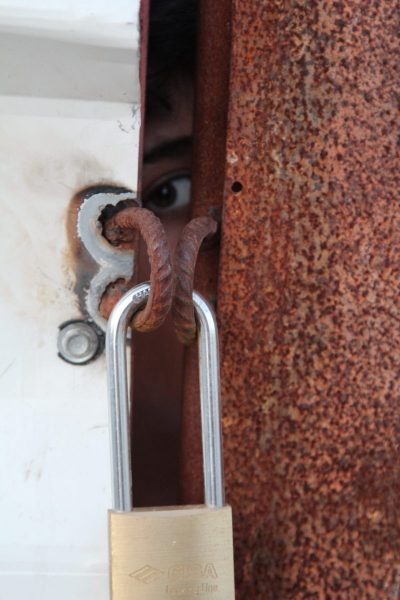

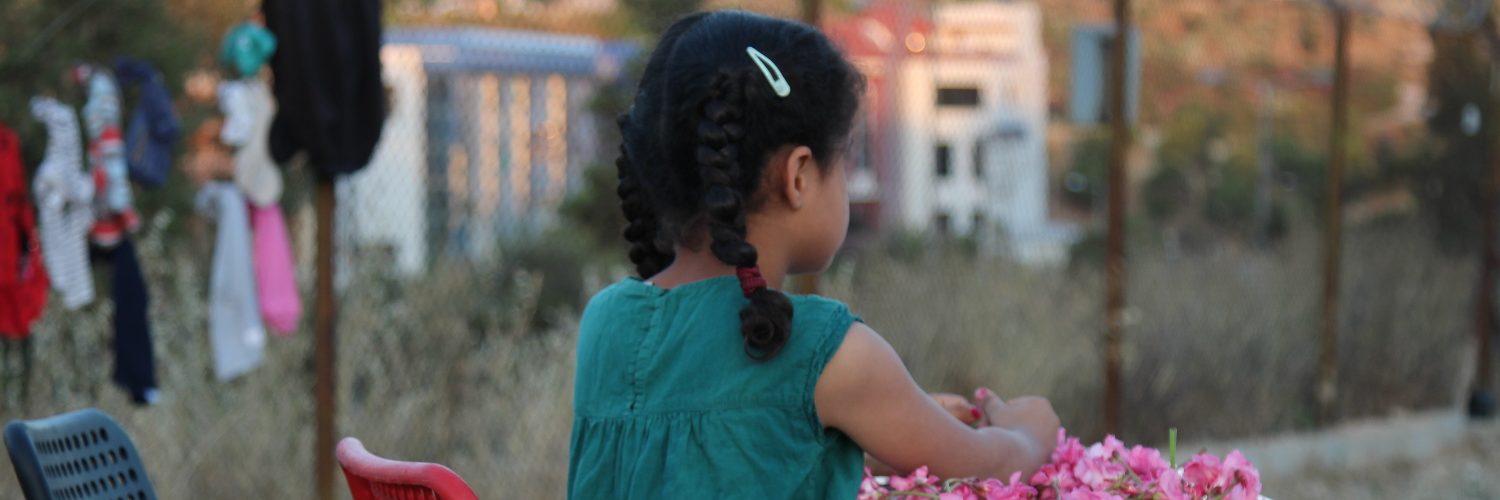
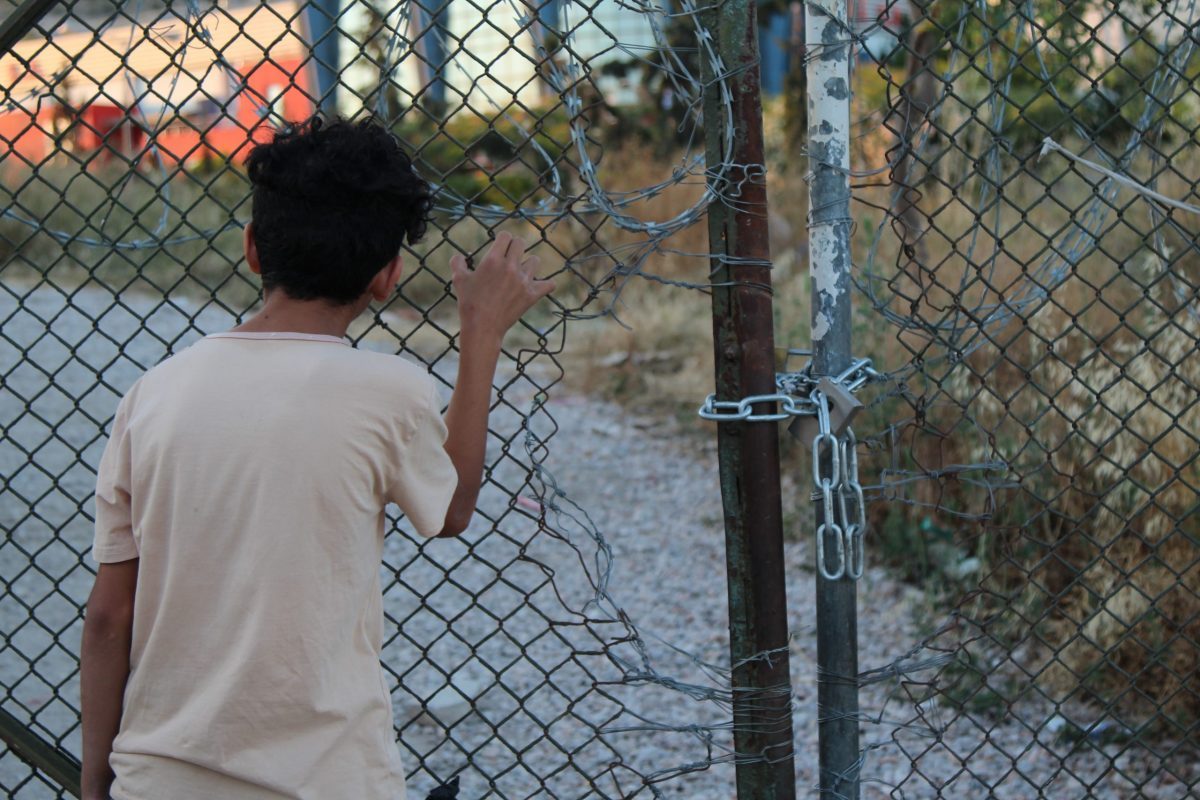
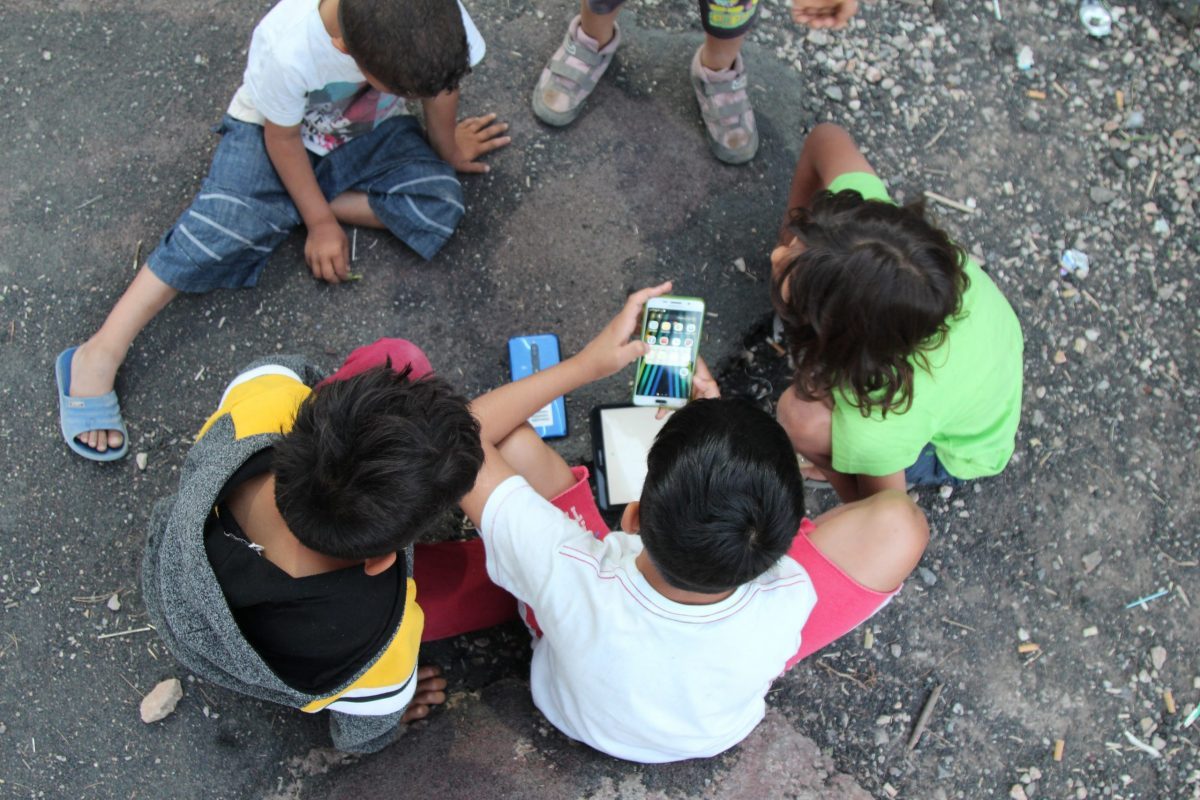
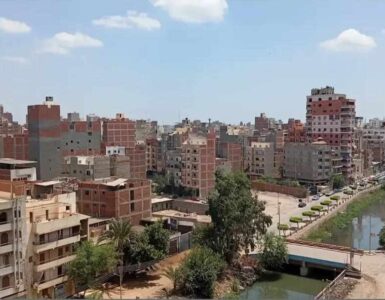
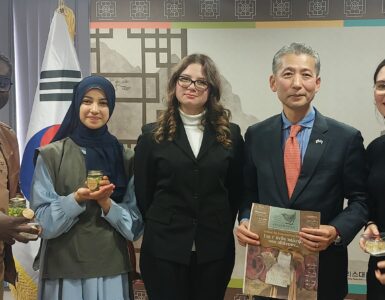
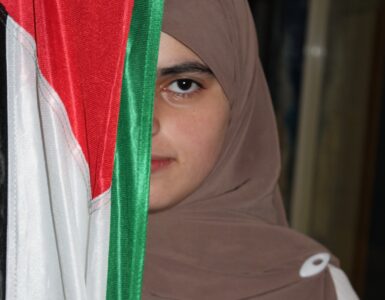




Add comment